We are a partnership of 5 GPs . Additionally, our team consists of 5 Associate GPs, Clinical Pharmacists, 1 Physician Associate, 1 First Contact Physiotherapist, Practice Nurse, 3 Healthcare Assistants / Phlebotomists, 1 Dietician, 2 Social Prescribers. We also teach Trainee Doctors and Nurses, many of whom plan a career in general practice.
The Reception Team is headed by Anne-Marie, our Customer Care Manager. The Reception Team looks after patients, their appointments, prescriptions and all the stuff that flies around – a massive amount of administration involved in running a busy, large practice and this includes a backroom team of Workflow Administrators to handle the huge influx of correspondence and data each day.
Responsible for pulling it all together and managing the huge regulatory and financial responsibility is our Practice Manager, Ms Amanda Ure, supported by the Practice Administrator.
GPs (General Practitioners)

Dr Meeta Dodhia (F) – Managing Partner and GP Trainer; MD, MRCGP
Dr Meeta Dodhia has been a valued member of the practice since 2003 and stepped into the role of Managing Partner in 2024. She completed her GP training in Toronto, Canada, before relocating to London to further her career. With over 25 years of experience, Dr Dodhia appreciates the variety that general practice offers and has special interests in GP Training, Women’s Health, and Diabetes care. Outside the clinic, she’s an avid traveller and enjoys planning her next adventure. She also finds joy in cooking and swimming during her downtime.

Dr Lauren Newman (F)- Partner and GP Trainer; MBBS, MRCGP
Dr Lauren Newman has been a partner at Willow Tree for 9 years, having joined the practice initially as an associate GP in 2014. She is a member of the Central Middlesex Vocational Training scheme and supervises GP Trainees and second year foundation year trainee doctors at the practice. She is also a trained coil fitter and provides this service along with Dr Dodhia at the practice. She enjoys working in a large multidisciplinary team to provide holistic patient care. Her hobbies include Gardening, Cooking, Musicals and Exercising in the outdoors.

Dr Vaidehi Kataria (F) – Partner, BSc (Hons), MBChB (Hons), MRCGP
Dr Kataria has been a partner at WTFD since April 2023; having completed her GP training at the practice in September 2022. She has extensive experience in hospital medicine with a keen interest in acute medicine, minor surgery and complex care. Dr Kataria has a passion for Medical Education. She carries out specialist minor surgery clinics at the practice. Outside of work, her interests include reading, travelling and dancing!

Dr Abdul Ghani (M) – Partner and GP Trainer; MBBS, MRCGP, PGCERT for Medical and Dental Education
Dr Ghani completed his MBBS from Pune University, India, before undertaking his GP training at the Windsor VTS, part of the Oxford Deanery. He is currently a GP Trainer and a Programme Director. Dr Ghani has a special interest in the management of diabetes in primary care, musculoskeletal conditions, and joint injections. In addition to his clinical and educational roles, Dr Ghani is actively involved in charity work, supporting health and community initiatives locally and abroad. Outside of medicine, he is a passionate football fan and a devoted supporter of Arsenal Football Club.

Dr Syeda Zehra Imam
Associate GP
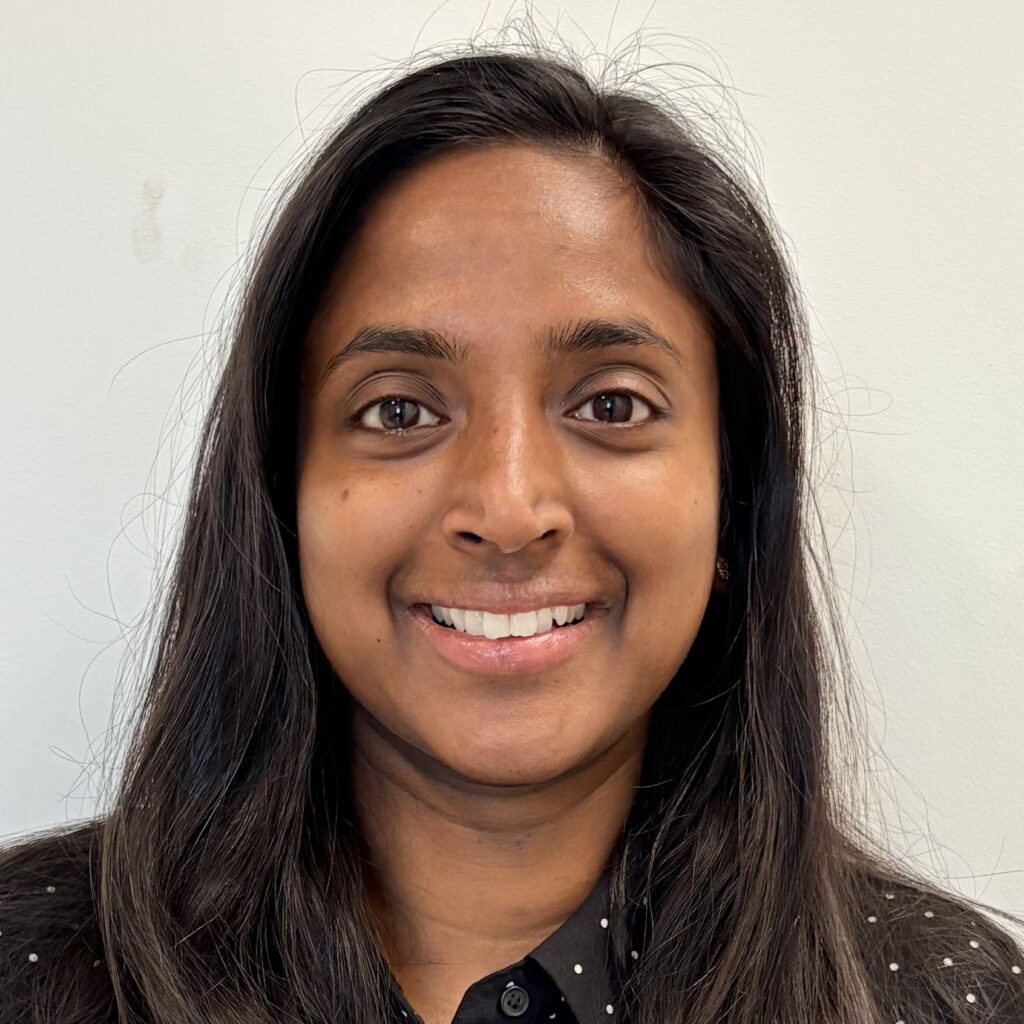
Dr Kaarthiga Suresh
Associate GP
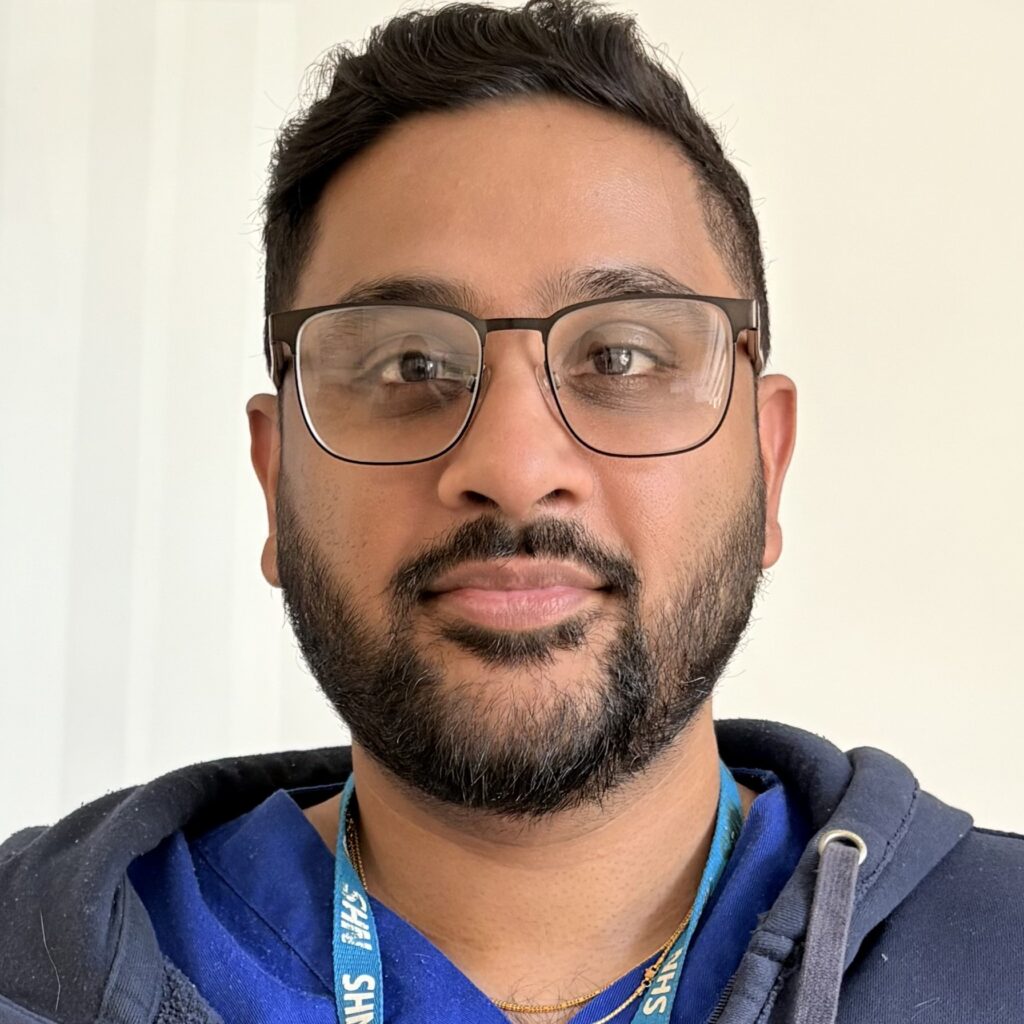
Dr Jason Nunes
Associate GP

Dr Binta Patel
Associate GP
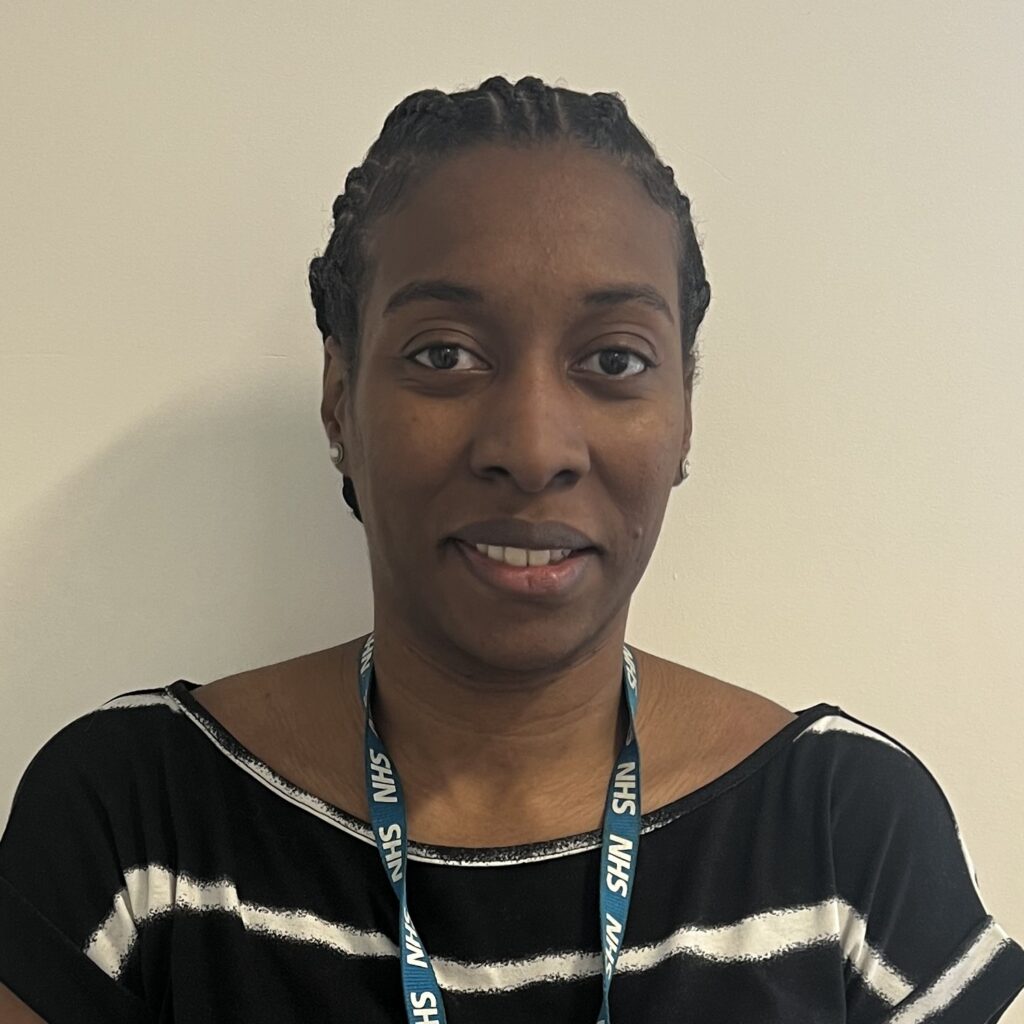
Dr Kitwani Hogg
Associate GP
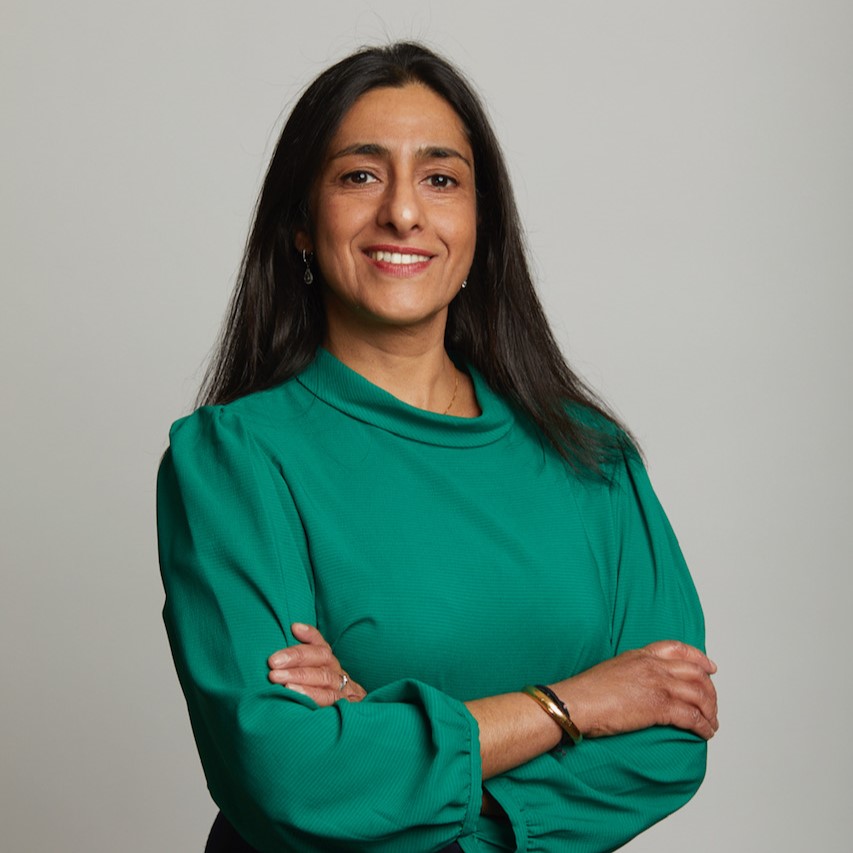
Dr Nisha Madan
Associate GP

Dr Nisha Wariyar
Associate GP

Dr Abdurahman Bareh
Final Year GP Trainee
During his time at the surgery, he’ll be supervised by Dr Dodhia

Dr Juhi Singhal
GP Trainee
During her time at the surgery, she’ll be supervised by Dr Dodhia

Dr Abhinaya Chandrashekar
GP Trainee
During her time at the surgery, she’ll be supervised by Dr Ghani

Dr Syed Zohaib Raza
GP Trainee
During his time at the surgery, he’ll be supervised by Dr Newman

Dr Maimuna Mohamud
Foundation Doctor Trainee
During her time at the surgery, she’ll be supervised by Dr Newman
Who are GPs?
GP (General Practitioner) They are doctors who are generalists – though they may have special interests, they are trained to do pretty much everything.
A Partner ‘owns’ the practice and takes all the responsibilities and the risks – managerial, legal and financial – and decides the policies and future strategies of the practice. Partners are the employer of all the staff and hold the contract with the NHS for providing services.
Associate GPs are employees of the partners and are experienced GPs.
We also have Doctors in Training – fully qualified but under close supervision while they learn the general practice ropes. Some may go into other specialities (these are known as Foundation Doctors) but others are GP Trainees committed to a future career in general practice.
A GP will have at least 5 years experience after qualifying, in hospital medicine and general practice training, and an exam called the MRCGP, before they can become fully-fledged GPs.
What can they do for you?
Consult a GP if you have a medical or mental health problem and need advice or an examination, tests or a referral. You can do this by filling a Patchs form online or answering the same questions our free automated Patchs voice bot asks (quicker than waiting on the phone to speak to a receptionist who will ask the same questions).
We rotate Duty Dr each day who triages all the ‘Urgent for today’ problems – chest infections, bad fevers, chest or abdominal pain etc and home visits and any emergencies. The other GPs are allocated Patchs as they are received and will deal with those as appropriate- most patients will receive a phone call or maybe simply have tests booked, a prescription, certificate or whatever might be needed.
For admin problems such as certificates or forms or blood test requests, it is also best to use Patchs.
You can also request a telephone call-back from a GP who is dealing with you or knows you.
Ask a receptionist if unsure.
GPs can, of course, do most things but many of the things we get to do can be done equally well or even better by other members of the team.
This all saves valuable time for more serious things that really need a doctor’s face-to-face consideration and helps relieve pressure on our appointments for those who need them.
Physician Associate

Sameera
Physician Associate
Who are Physician Associates?
Physician Associates, are new professionals in General Practice. They support GPs and the other clinicians in the team and can also see and manage patients of their own, holding consultations, examining, ordering tests and giving healthcare and preventative advice and management plans. They can deal with ‘acute’ (short-term) illness as well as ‘chronic’ (long-term) conditions. They are closely supervised by our GP Partners and will work within carefully defined protocols.
They cannot, at present (though this will change) sign prescriptions or order X-Rays, so will need to get a GP’s approval.
What can they do for you?
Our Physician Associate, Sameera, may see you for ‘urgent for today’ problems or for more long term condition monitoring. She will also follow up their own patients just as a doctor would, order tests and refer patients as necessary. She is trained to deal with a wide range of medical and psychological issues and works closely with the doctors and other team members.
Nursing Staff

Christina Hall
General Practice Nurse

Marwa Hussain
General Practice Nurse in Training.
During her time at the surgery, she’ll be supervised by Dr Kataria
Who are Practice Nurses?
Practice Nurses are registered nurses who undergo additional training to allow them to run their own surgeries within a practice treating minor injuries, wounds, giving healthcare advice, dealing with minor illness and help with monitoring long term conditions, carry out cervical cytology. They also lead on infection control.
What can they do for you?
See a Practice Nurse for:
- Travel vaccination and advice
- Cervical Cytology (smears)
- Contraceptive pill checks (not coils)
- BP annual reviews
- Diabetes annual reviews after seeing HCA for blood tests and foot checks if directed.
- Heart disease annual reviews
- COPD and asthma annual reviews
- Wound dressings
- Swabs for infections incl. MRSA
- Smoking cessation advice
- Weight loss advice.
Health Care Assistants (HCA)

Tania
Health Care Assistant

Atifa
Health Care Assistant

Ahmad
Health Care Assistant
Who are Health Care Assistants?
HCAs are unregistered health care professionals are trained to carry out a number of duties under the supervision of the GPs and Nurses. They have or are working towards a Care Certificate.
They also look after all our practice stocks and routine equipment checks to ensure we function efficiently.
What can they do for you?
See our HCAs for:
- New Registration Health Checks and NHS Health Checks
- Routine annual health checks such as Diabetes, Hypertension, Asthma
- ECGs
- Flu jabs
- Smoking cessation advice
- Blood tests
Who are Phlebotomists?
Phlebotomists are trained to take blood for tests ordered by the doctor, nurse or HCA. In fact our HCAs double as phlebotomists!
What can they do for you?
The phlebotomists can only take blood ordered on a form by a clinician so please make sure you have a test request form with you or pick up a form waiting for you at reception. The phlebotomy appointments can be booked online and are in the morning until lunchtime as the courier collects blood to take to the hospital in the early afternoon.
It helps to be ready when you go for your phlebotomy appointment – take of your coat, loosen your clothing ready to expose your arm and make sure you’ve had plenty to drink from the night before and that your arms are nice and warm – it makes blood-taking a lot easier!
Additional Roles (Employed by Primary Care Network, Harness PCN)
Misha Patel
Senior Pharmacist
Anjuli Singh
Pharmacist
Deepti Ghelani
Pharmacy Technician
Nahida Ahmed
Social Prescriber
Onyedikachi Ibiam
First Contact Physiotherapist
Kayode Olyinka
Mental Health Worker
Anagha
Dietician
What can these Additional Role Workers do for you?
Our practice works in close collaboration with the Primary Care Network (PCN) to enhance the quality and accessibility of patient care. Through this partnership, we have been allocated additional roles within our team to better support the needs of our patients.
Pharmacist Team
Our dedicated pharmacists are available to assist with any medication-related inquiries or reviews. Whether you have questions about your prescriptions, potential side effects, or require a comprehensive medication review, our pharmacists are here to help ensure that your treatment plan is safe and effective.
Social Prescribers
For any concerns related to social care, our Social Prescribers are a valuable resource. They can guide patients through processes such as filling out forms for financial assistance or advising on community-based social care options. Their role is to connect patients with the necessary support and services available within the community.
Health & Wellbeing Coach
To promote healthier lifestyle choices, our Health & Wellbeing Coach works proactively with patients who could benefit from additional support in achieving their health goals. Whether it’s improving diet, increasing physical activity, or addressing other wellness concerns, the coach offers tailored advice and motivation.
Dietician
Patients needing advise on losing or gaining weight in a healthy manner, our Dietician provides dedicated time to counsel on a healthy lifestyle.
Mental Health Worker
For patients facing mental health challenges, such as depression or anxiety, our Mental Health Worker provides essential support. This team member collaborates closely with patients to navigate their mental health journey, ensuring they have access to appropriate care and resources.
First Contact Physiotherapist
Our First Contact Physiotherapist specializes in musculoskeletal (MSK) care and is equipped to assist patients with conditions like osteoarthritis and other joint or muscle issues. This specialist can help manage pain, improve mobility, and develop effective treatment plans to support long-term health.
These additional roles are an integral part of our commitment to delivering comprehensive and personalized patient care. By expanding our team with these skilled professionals, we strive to address a wide range of health and social needs, ensuring that our patients receive the support they deserve.
Management

Amanda Ure
Practice Manager

Federica
Assistant Practice Manager

Anne-Marie
Customer Care Manager

Jas
Data & Workflow Manager
Who is a Practice Manager?
The Practice Manager handles all the managerial tasks involved in running a busy practice- increasingly complex regulatory, contractual and financial matters (recovering payments from the various dysfunctional NHS and Local Authority sources is a huge and tricky task yet the viability of the practice depends on it). She is responsible for HR – recruiting and employing all staff, ensuring we meet all the complex statutory obligations such as infection control, CQC, Health & Safety. She runs the building to ensure everything works and all the various maintenance requirements are met – and this is a very complex building. There is a raft of policies and procedures that she is responsible for to underpin our work and every aspect is under constant scrutiny and subject to detailed reports. She also is responsible for overseeing complaints, significant event reporting and liaising with contractors and outside bodies.
She also manages the interactions and services provided by all our clinicians.
It’s a difficult job but vital if we are to be able to serve patients safely and efficiently and survive as a viable practice.
What can she do for you?
You may only come into contact with Amanda our Practice Manager if you raise a complaint or send us a great idea. She will represent the practice at Patient Group meetings and open meetings.
The Assistant Practice Manager assists Amanda in some of these roles.
Administrators

Cerina
Workflow Administrator

Edina
Workflow Administrator

Gloria
Workflow Administrator

Humaira
Workflow Administrator

Shalini
Workflow Administrator

Linda
Practice Administrator
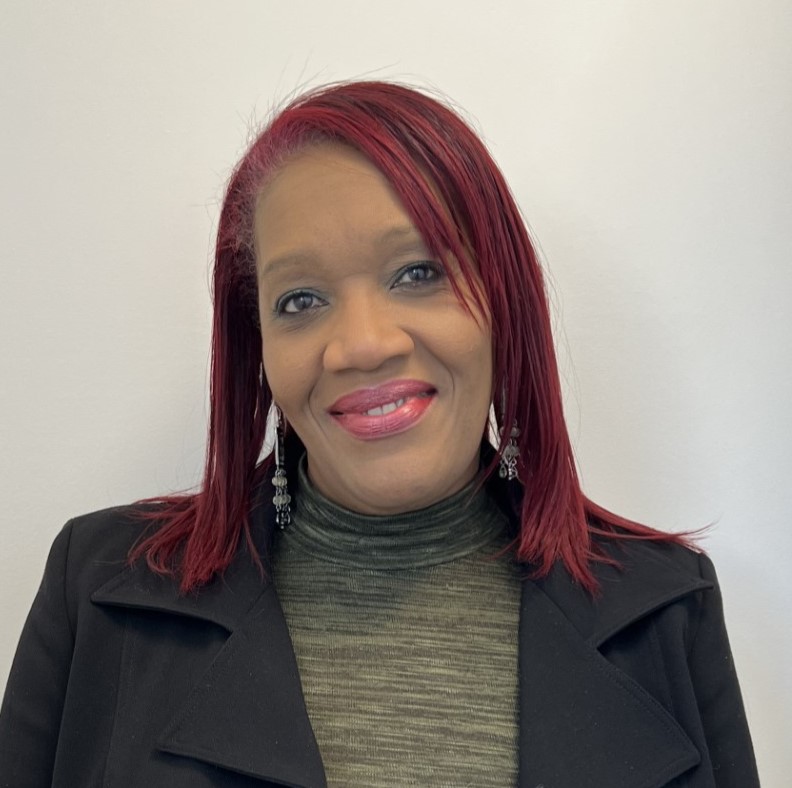
Patricia
Practice Administrator
Who is a Practice Administrator?
The Practice Administrators assists the Practice Manager with many of her tasks and liaises with outside agencies involving patient care queries and reports. They facilitates referrals to hospital and obtaining reports and test results when they fail to arrive.
What can they do for you?
You may come into contact with them if they are sorting out a problem for you or wishes to get your consent to release a report to a third party.
Who is a Workflow Administrator?
A massive amount of correspondence and data concerning patients flies around , with into and out of the practice and our Workflow Administrators ensure it is all handled safely according to clear protocols so the the right people receive it in a timely fashion. They will act on instructions in correspondence about patients by coding the information in the patient record and carrying out tasks such as requesting further appointments of tests or communicating with the patient.
What can they do for you?
You may be contacted by them, to book an appointment or carry out an action requested by a hospital, clinic or a third party.
Receptionists
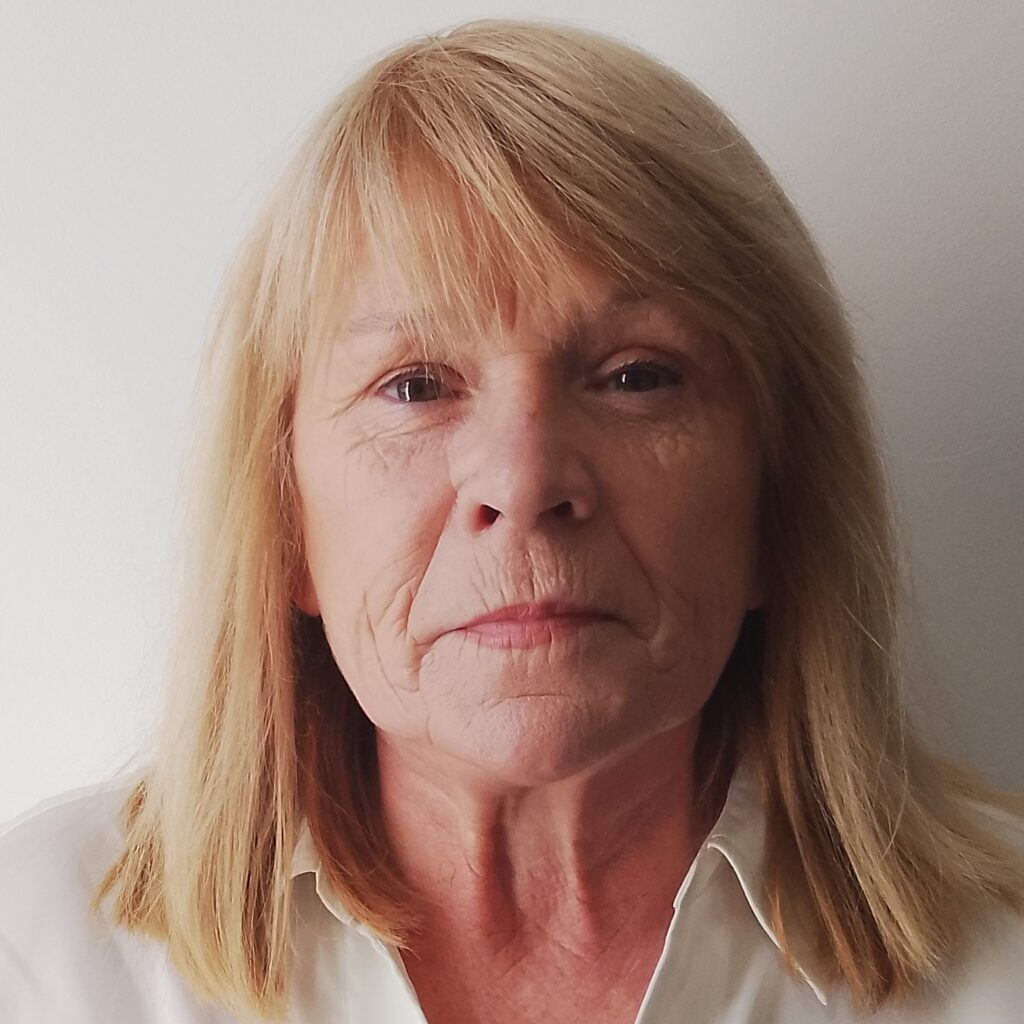
Brenda
Receptionist
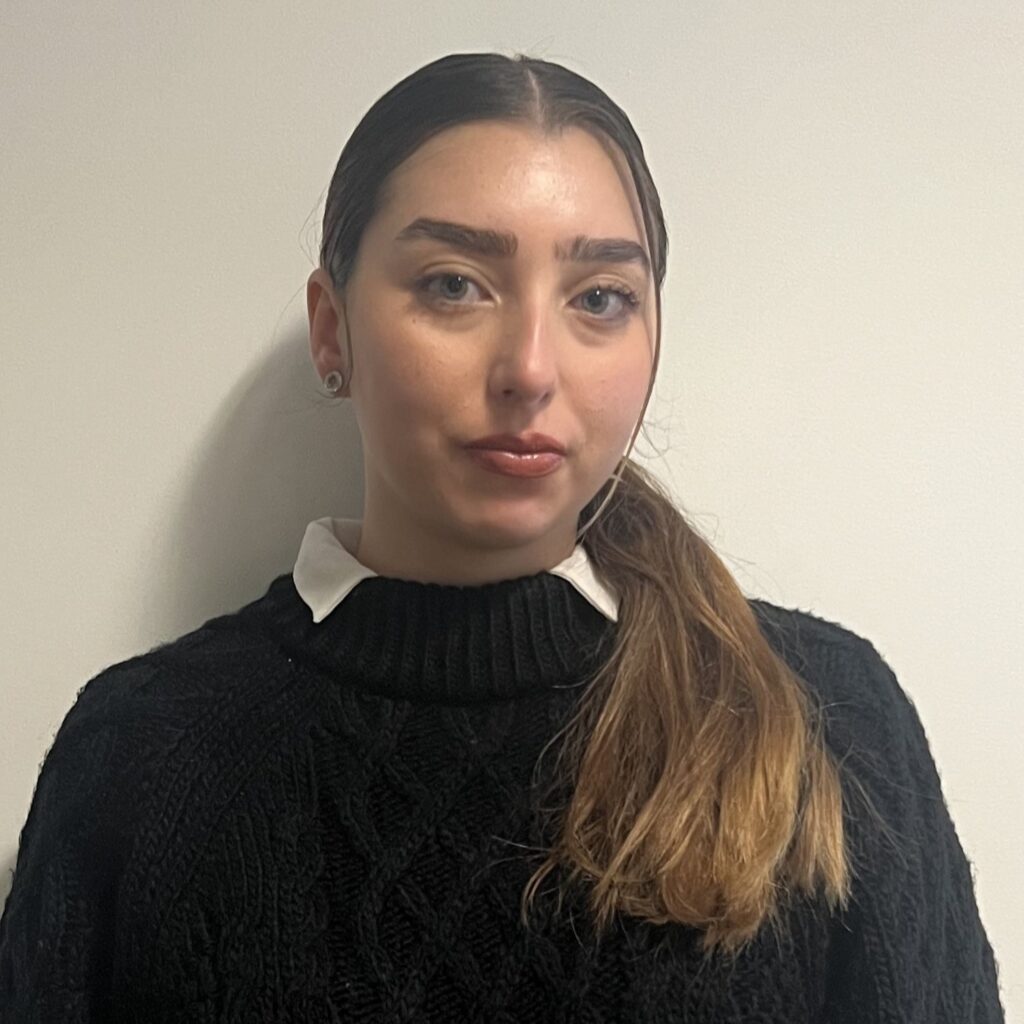
Giorgia
Receptionist

Jaisika
Receptionist
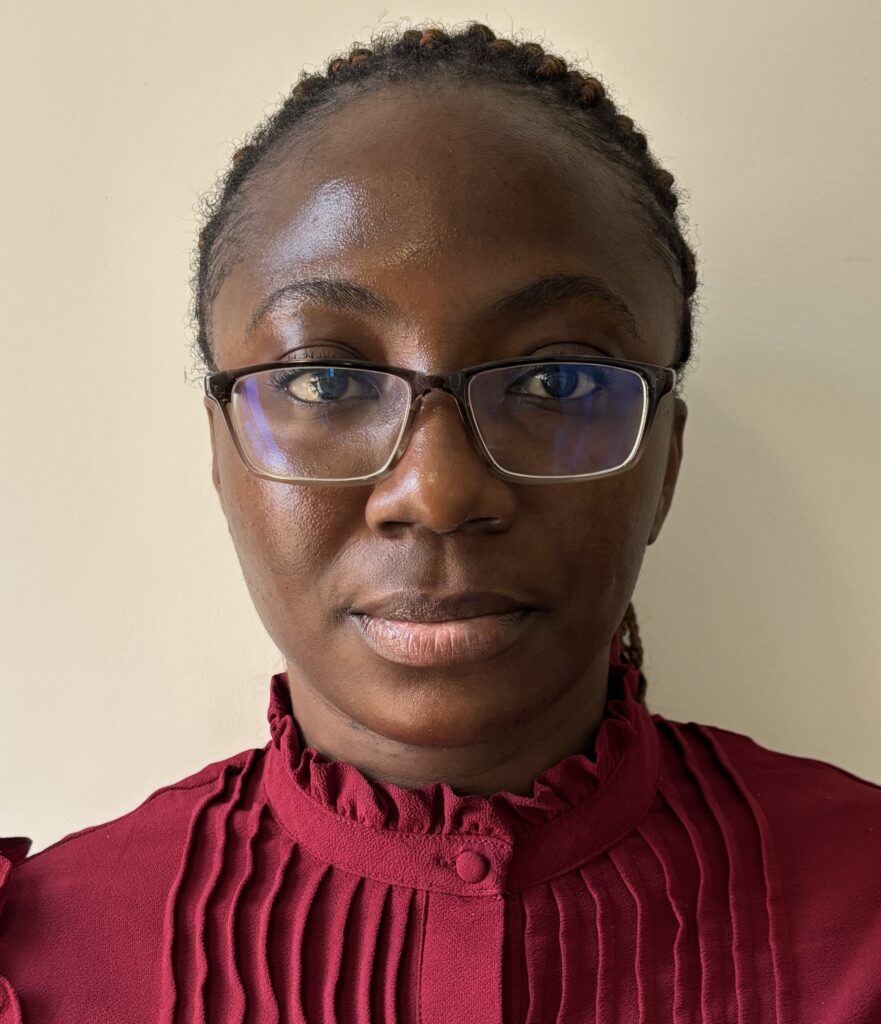
Judith
Receptionist
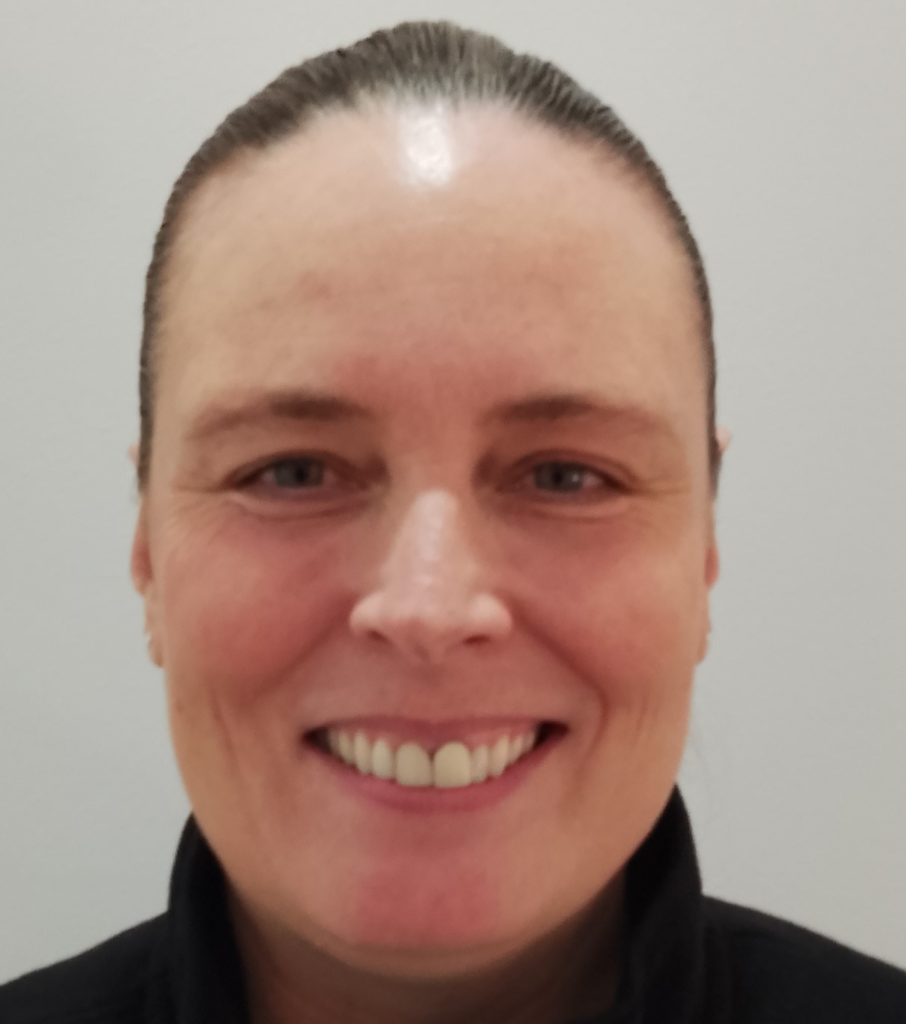
Kim
Receptionist
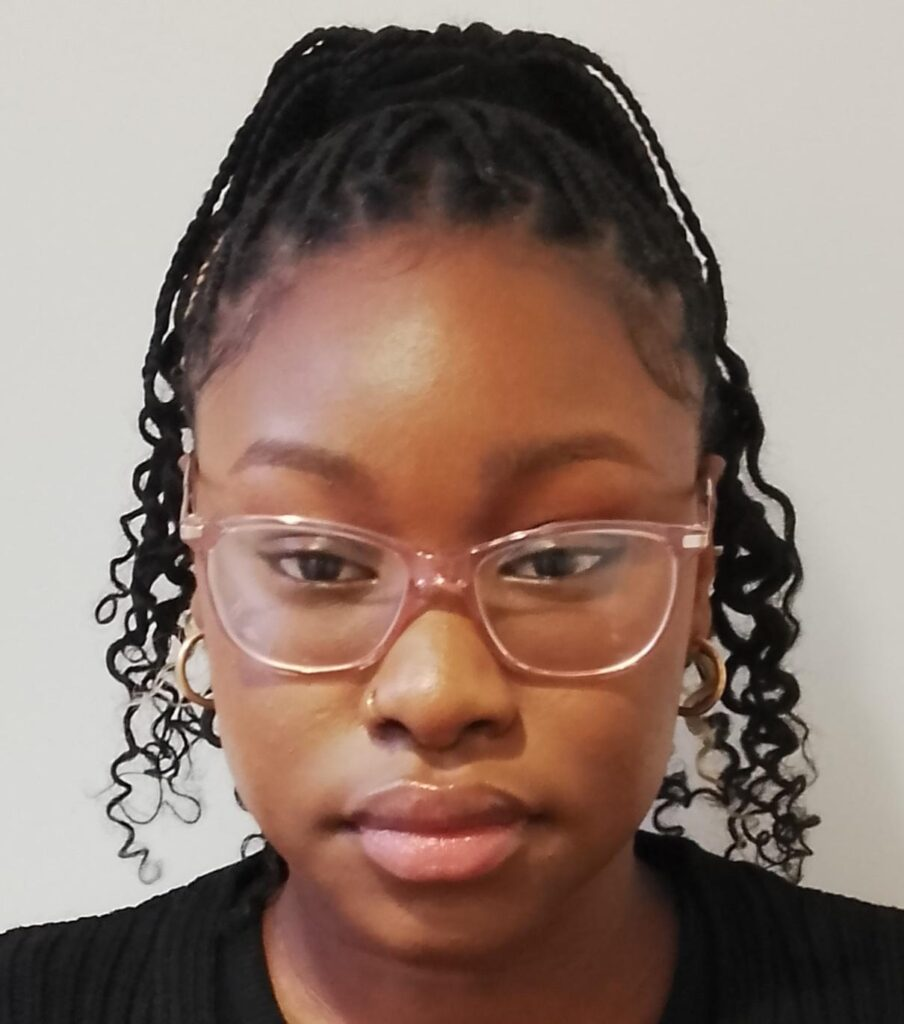
Liliana
Receptionist
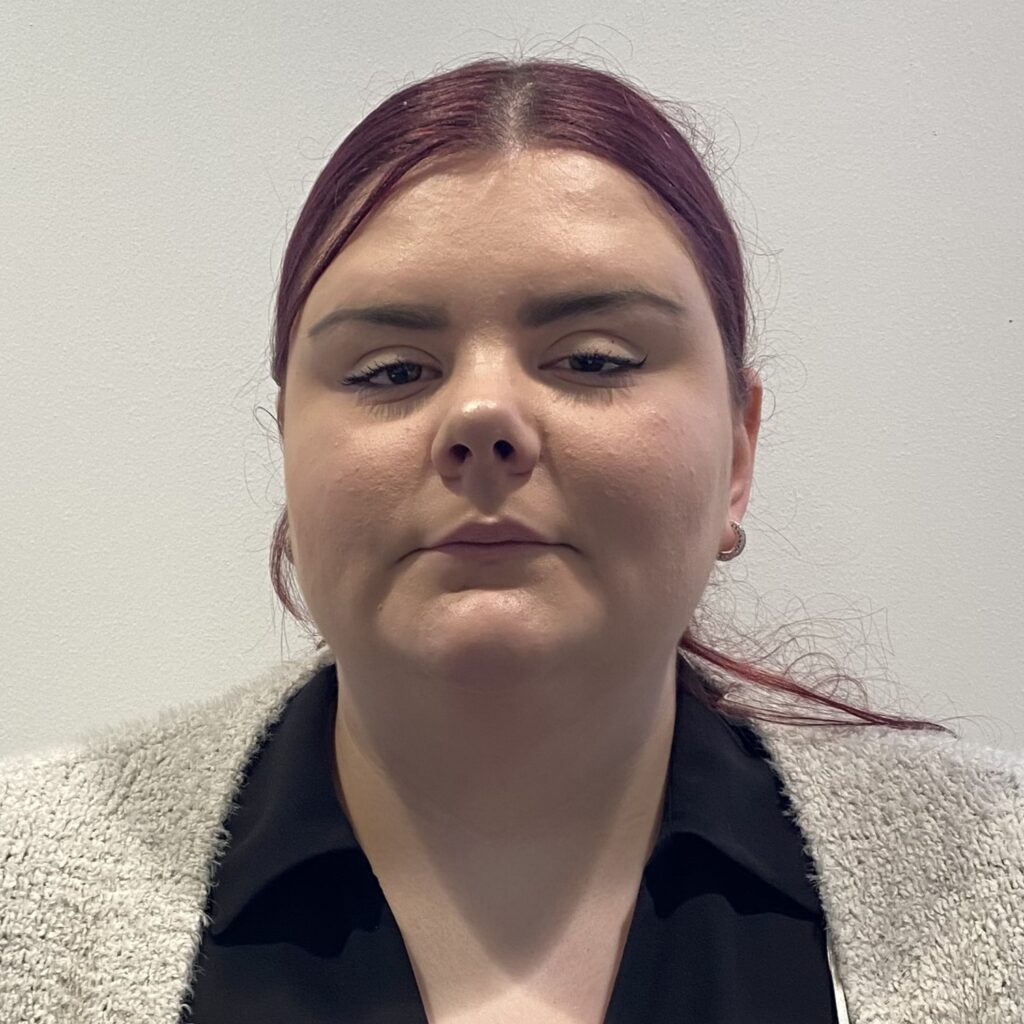
Molly
Receptionist

Mya
Receptionist

Nataliya
Receptionist

Natanya
Receptionist

Reona
Receptionist

Selina
Receptionist

Shannon
Receptionist
Who are Receptionists?
Receptionists have a hard job – they need to satisfy patients and at the same time all the doctors, nurses, other clinicians and managers and work within the rules and capacity and resources of the practice. They often describe themselves as the jam in the sandwich and balancing delicately on a tightrope!
Their main job is to listen to the patient and try to offer what they can to best meet their needs. Often there are misunderstandings in what we can provide and what is actually needed and what the patient thinks they need and the receptionist needs great skill , understanding and patience in handling a huge number of often complex contacts through each day. Patients are often understandably anxious and many in this part of London are not native English speakers. It’s a tough job: please treat them with respect!
What can they do for you?
Apart from booking appointments (and these are often more easily and quickly done using our on-line services) , the receptionist will explain any aspect of our service, handle Patchs submissions for admin enquiries, give some test results (easiest done online) who is best to see out of our team, (which is why we often ask for a brief idea of your problem), how to get things done in the wider health service and generally they are there to help.
